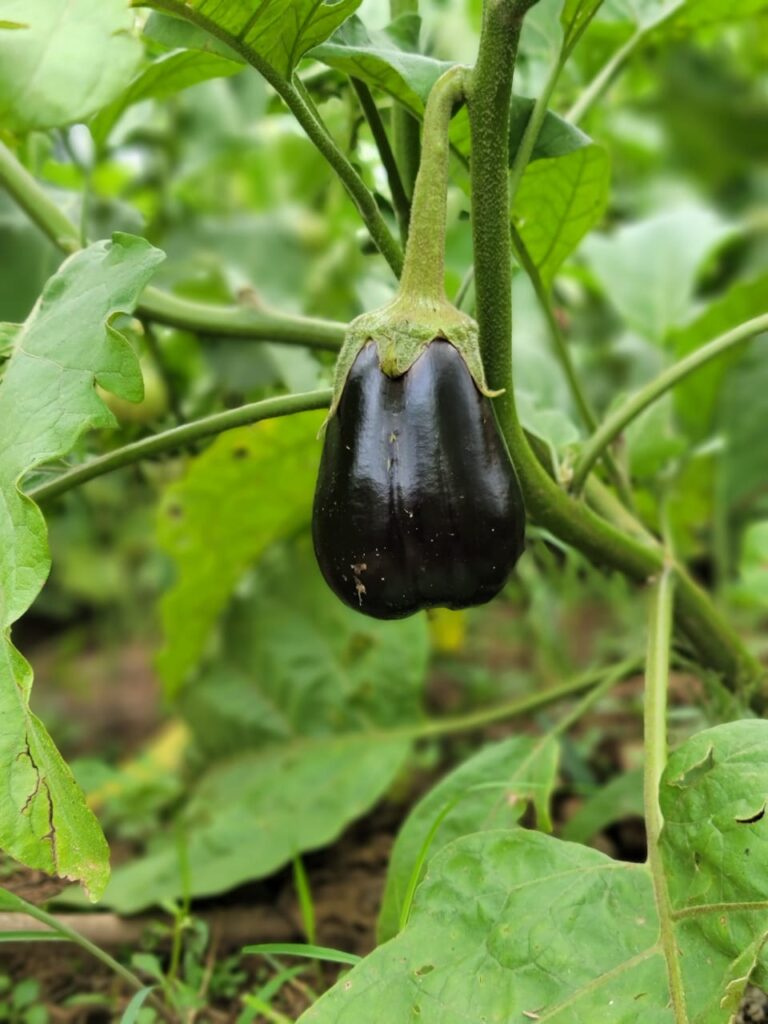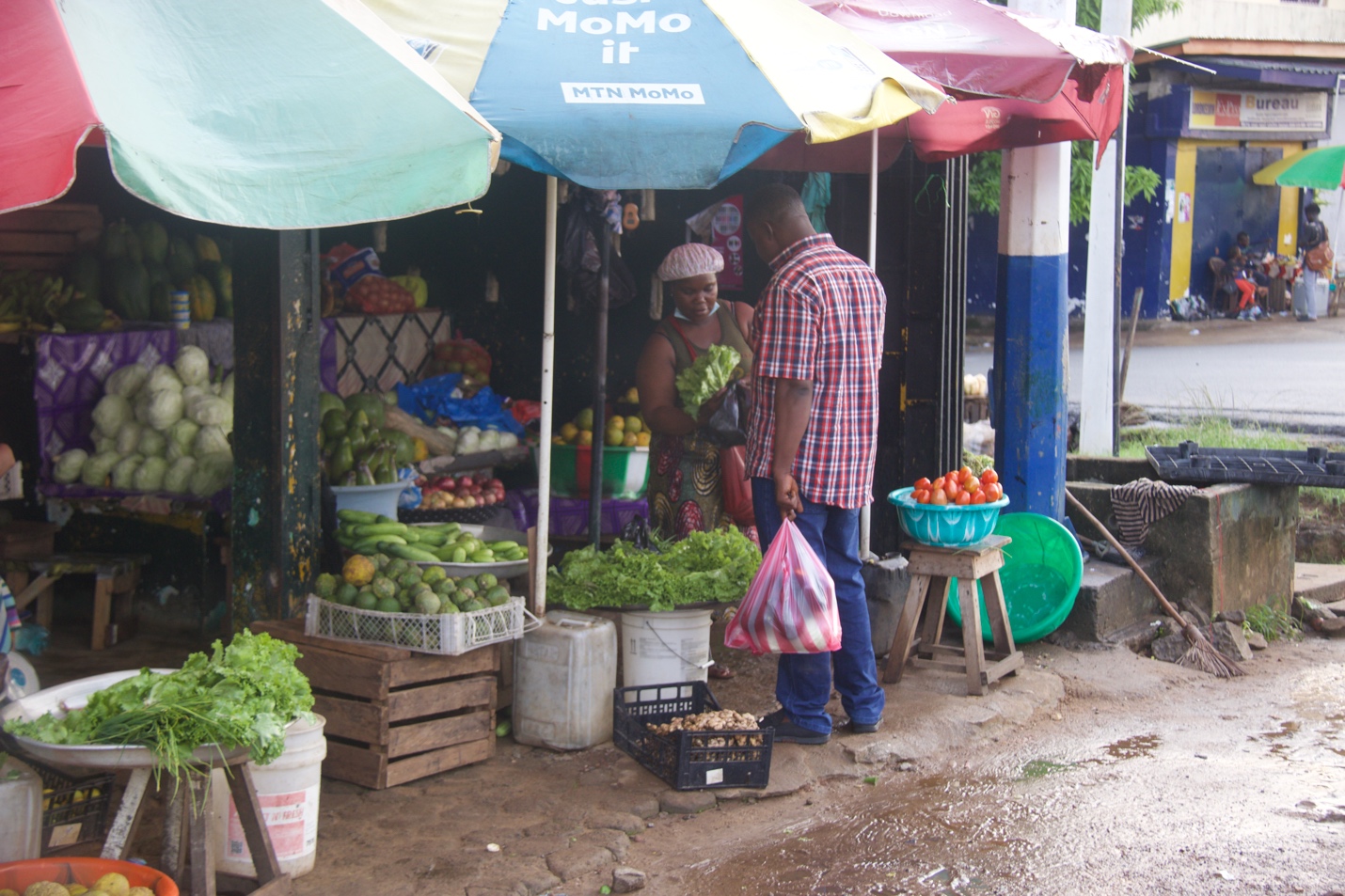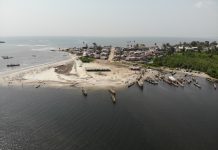Banner Image: A trader serves a buyer at a vegetable kiosk in Congo Town. The DayLight/Theophilus Jackson
By William Selmah
MONROVIA – The underpayment of vegetables producers by traders is gravely undermining productivity in the sector, a new study has established.
“Farmers complain about traders and switch between them, but are at the same time dependent on them,” said the “Snapshot: Liberia’s Vegetables Market” study conducted by Grow Liberia published earlier this year.
The payment disparity often becomes so huge that a farmer entering the market with eight bags of pepper, for example, can expect to receive payment for only six, it said.
The study also found that wastage to be a key challenge in the Liberin vegetable sector. Traders demand farmers to overstuff their bags and in turn demand them to subtract cost of spoilt produce, it said. Such a transaction for the person with eight bags, could lead them losing two out eight bags put up for sale.
On the overall, the research found, the entire vegetable market appears to favor mainly traders, as they decide prices and buy as cheap as possible, but sell at very high rate. Besides, traders decide the prices of commodities, not producers.
Other constraints identified in the survey are farmers’ lack of access to up-to-date, relevant information, limited investment in storage, packaging and other means of reducing wastage.
But despite producers’ losses, the study found only few traders are willing to offer better prices, and there is a lack of investment in the sector.
“The few market actors with the interest and incentive to invest in storage, transport and packaging lack access to information and networks to source equipment,” it said. “This is further compounded by farmers’ lack of relevant, up to date information or new, high value crops.
“Local farmers produce vegetable varieties using self-retained seeds that have likely lost genetic purity. This affects the quality and physical attributes of the produce.”
Another factor the study identified is local farmers’ lack of access to mechanized agricultural services keeps their dependence on annual tools such as hoes, cutlasses, rakes, shovels, etc. Consequently, labor cost will constitute 20-35 percent of total cultivation cost. As a result of this and other constraints, the research found that there is shortage of quality vegetable products on the market. That situation has led hotels and supermarkets to turn to commercial farms for supplies.
The study recommends trade models that benefit not only traders, but farmers as well, in addition to investment in local production to create affordable inputs that are better suited for Liberia.

The study also recommended diverse access to sources of finance, more local access to information on vegetable cultivation to increase yields and reduce risks.
The Agri-business and investment advisory agency collaborates with businesses, investors, associations and government agencies to and drive economic growth. It identifies key constraints, and opportunities to shift business norms that could spur inclusive growth. It currently works in the cocoa and vegetable industries and previously within rubber, oil palm and processing of agriculture produce.
Agriculture contributed more than US$26 million or 32 percent of the Liberian revenue package in fiscal year 2018/2019, according to the Liberia Extractive Industries Transparency Initiatives’ latest report.





Facebook Comments